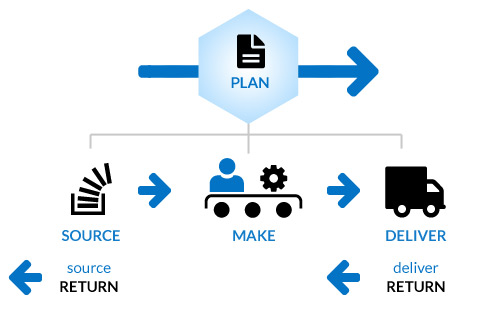A company’s controller is the chief accounting officer and heads the accounting department. The controller is responsible for the company’s financial statements, general ledger, cost accounting, payroll, accounts payable, accounts receivable, budgeting, tax compliance, and various special analyses.
In order to perform his job, the controller has continuous contact with the other company's departments such as the commercial, production, purchase, quality ones. From these departments he gets the information he needs to measure and compare company costs.
In particular, the controller has the following objectives :
-
to optimize resources while minimizing the risk of a gap between costs and earnings.
-
to process and analyze the collected data in order to provide the different departments with relevant and up-to-date information for decision making
-
to evaluate the general trend of the company performance and eventually make proposals to correct possible critical situations
-
to contribute to define the budget and resources available for each company area, as well as the cost items, the responsibilities, the management and operational procedures
-
to analyze data and main KPIs at the end of each period in order to check the performance of each area and the achievement of goals.
(Fonte: Isfol 2010)
Besides the Top management and the business controller, FLEX’s role-based Dashboards answer the needs of people with different company roles and business levels. In particular it provides Middle Managers with useful dashboards and KPIs for supervision and control activities. These are some of the involved Middle Management roles:
-
Production Manager
-
Factory Manager
-
Supply Chain Manager
-
Purchase Manager
-
Sales Manager
-
Warehouse Manager
-
Maintenance Manager
-
Planning Manager
According to his business role or area, each company manager can see the most relevant KPIs for his business processes and eventually modify his own dashboard thanks to the "FOR YOU" tools.




